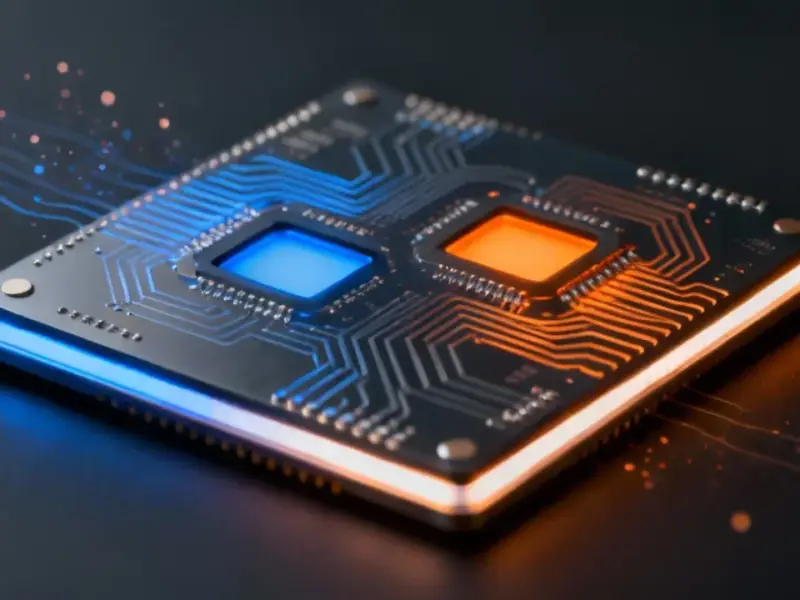According to The Wall Street Journal, Meta Platforms is in active talks to use chips made by Google in its artificial-intelligence efforts, marking a significant step toward diversifying away from Nvidia dependency. The potential deal could be worth billions of dollars, though negotiations are continuing and might not ultimately produce an agreement. It remains uncertain whether Meta would deploy Google’s tensor processing units (TPUs) for training its AI models or for inference work. Inference, which involves using trained models to generate responses to queries, requires substantially less computational power than the initial training phase. This development comes as major tech companies increasingly seek alternatives to Nvidia’s dominant position in the AI chip market.
The Nvidia dependency shakeup
Here’s the thing about Nvidia’s current AI dominance – it’s both a blessing and a curse for companies like Meta. Nvidia’s GPUs are basically the gold standard for training massive AI models, but that creates a single point of failure and gives Nvidia enormous pricing power. We’re talking about chips that can cost tens of thousands of dollars each, and companies need thousands of them. So when Meta starts seriously considering Google‘s TPUs, it’s not just about saving money. It’s about strategic flexibility and not putting all their AI eggs in one very expensive basket.
What Google brings to the table
Google has been developing its TPU technology for nearly a decade, originally for internal use in services like Search and YouTube. These aren’t off-the-shelf components – they’re custom-designed specifically for AI workloads. The interesting part? Google has been gradually opening up access to these chips through its cloud platform, but a direct deal with Meta would represent a whole different level of commitment. Basically, we’re looking at two tech giants potentially collaborating in an area where they’re also competitors. That’s pretty unusual in this cutthroat AI race.
The technical trade-offs
Now, switching from Nvidia to Google’s chips isn’t as simple as swapping out components. Nvidia’s ecosystem includes CUDA, the software platform that’s become the industry standard for AI development. Moving to TPUs means retooling software, retraining engineers, and potentially dealing with compatibility issues. But here’s the million-dollar question – or rather, the billion-dollar question: Is the potential cost savings and supply chain diversification worth the technical headache? For Meta, which is spending billions on AI infrastructure, the answer might be yes.
Broader industry implications
This potential Meta-Google partnership signals something bigger happening across the tech landscape. Amazon has its own AI chips (Trainium and Inferentia), Microsoft is working on custom silicon, and now we might see Google’s hardware in Meta’s data centers. We’re witnessing the beginning of a major shift away from homogeneous AI infrastructure. And honestly, it was inevitable. When you’re dealing with computational demands at this scale, relying on a single supplier becomes a massive business risk. The companies that succeed in AI won’t just be the ones with the best models – they’ll be the ones with the most resilient and cost-effective hardware strategies.




